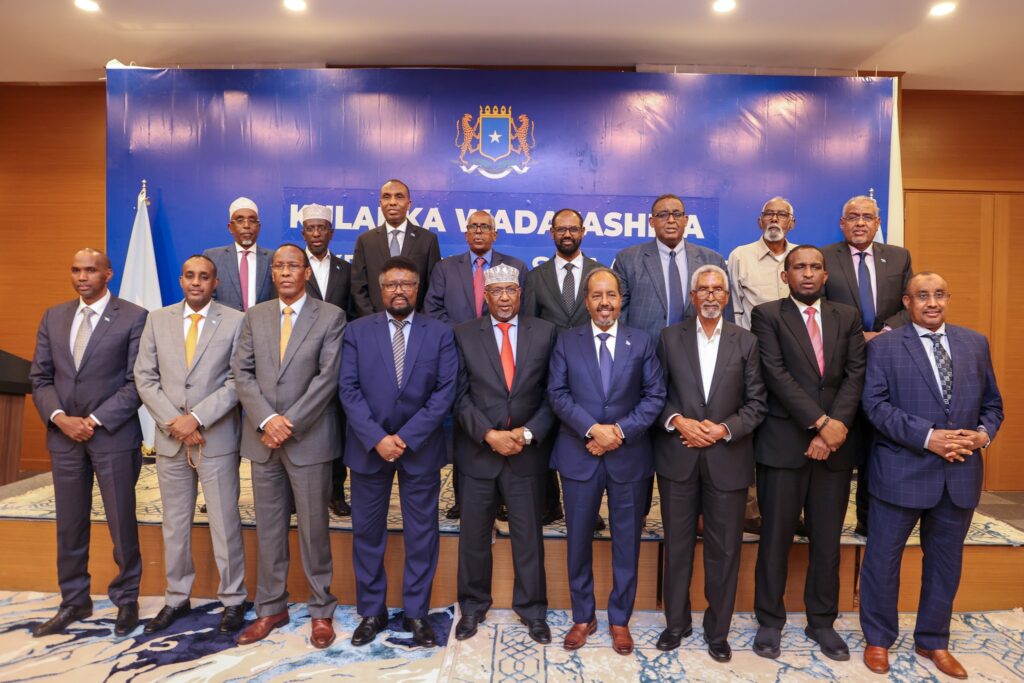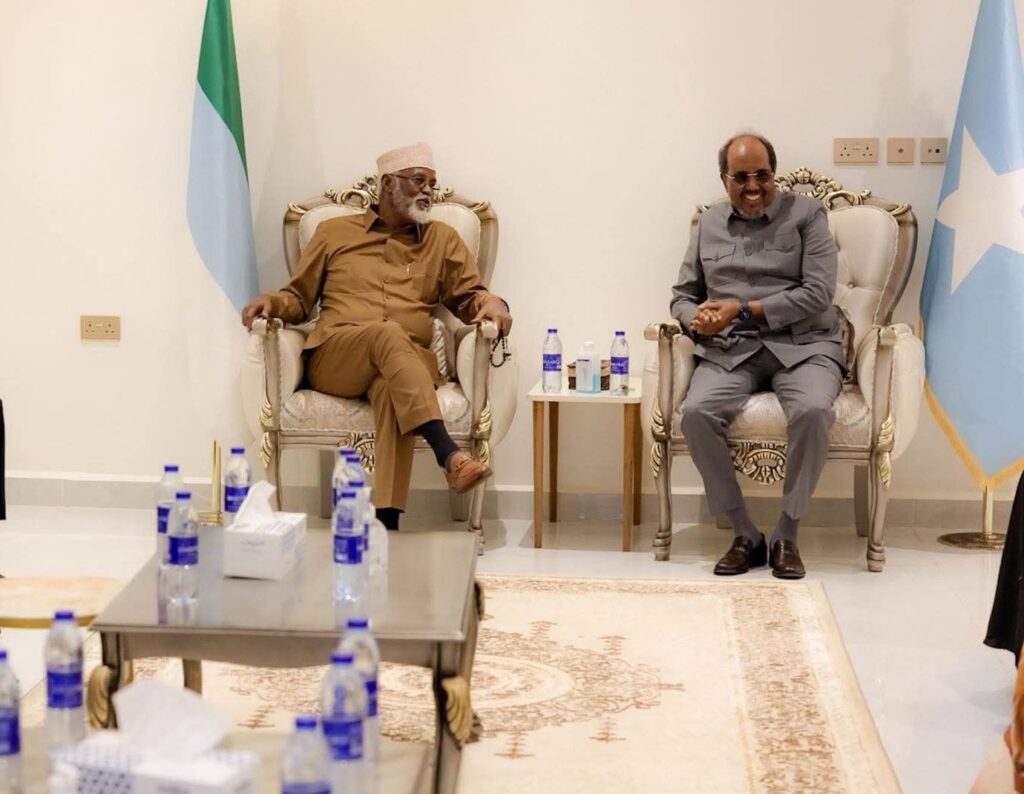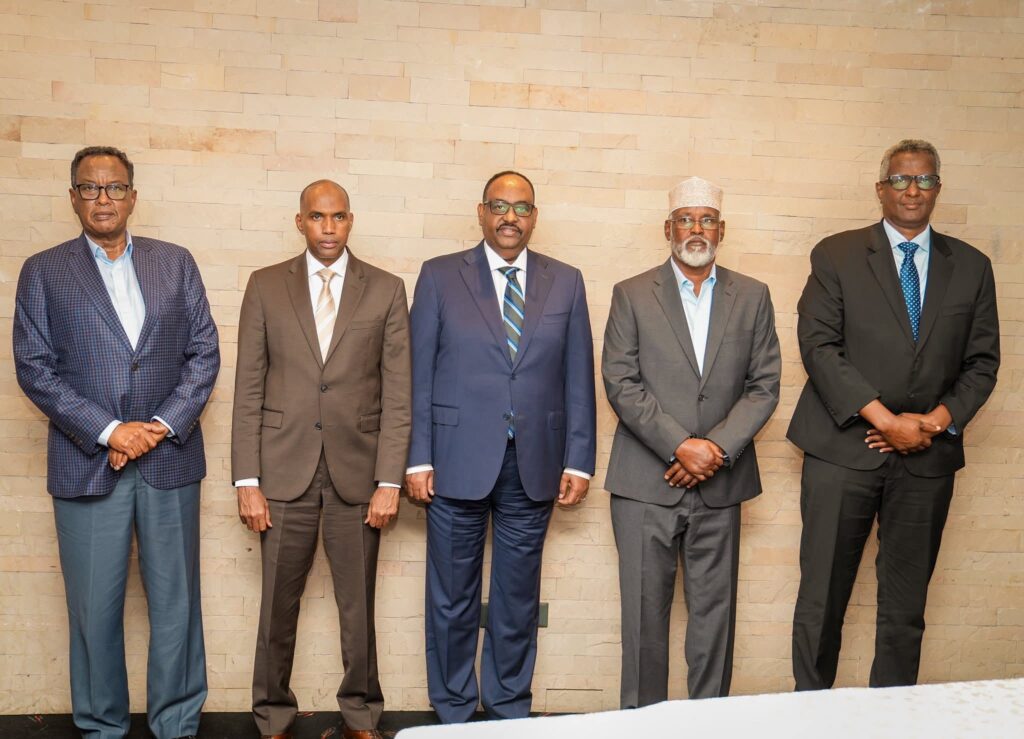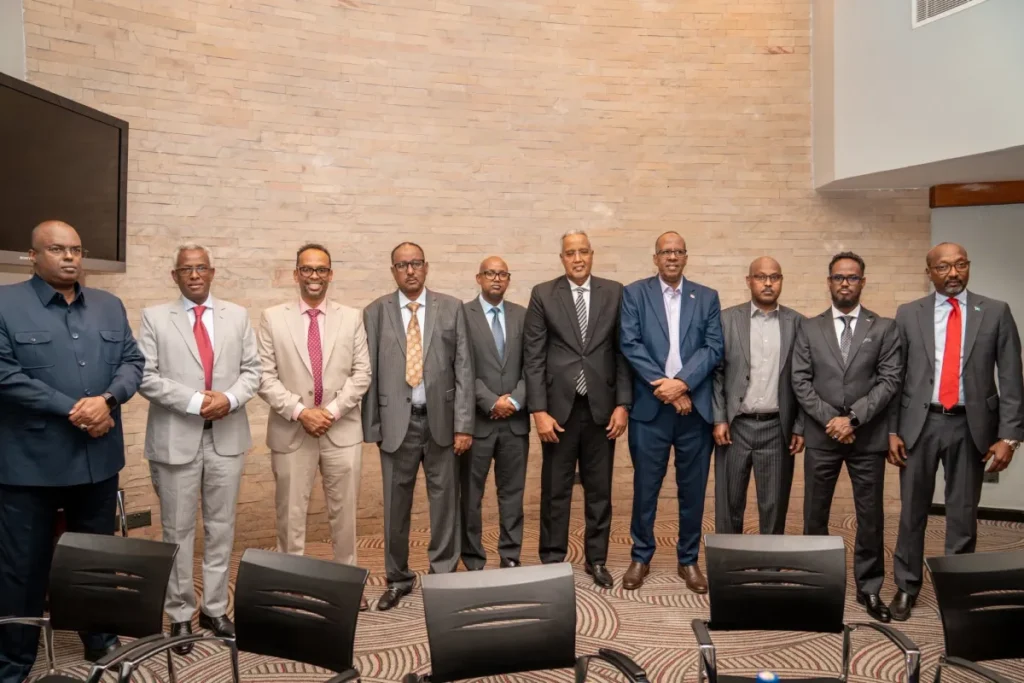
Somalia, once a nation brimming with promise, now teeters on the edge of collapse. Decades of political instability, prolonged conflict, and foreign intervention have left the country mired in poverty, insecurity, and broken dreams. The Somali people have been trapped in a cycle of betrayal, where the ambitions of corrupt politicians, clan rivalries, and external powers seeking to shape Somalia’s future have hindered any path toward lasting peace. The dream of a unified, stable Somalia seems more distant than ever.
Clan Politics and the Breakdown of Governance
At the core of Somalia’s political turmoil lies a deep-seated division along clan lines. These divisions have not only fueled internal conflict but also been exacerbated by opportunistic politicians and foreign actors with their own agendas.
While the Federal Government of Somalia (FGS) is officially recognized as the country’s legitimate authority, it has been repeatedly undermined by corruption, nepotism, and infighting. Leadership struggles are often driven by personal ambition rather than a shared vision for the country, eroding the credibility of the state and leaving ordinary Somalis disillusioned.
One telling example is the fallout between President Hassan Sheikh Mohamud and Said Abdullahi Deni, the leader of Puntland. Once allies in the campaign to oust former President Mohamed Abdullahi Farmaajo, their alliance quickly fractured after Hassan assumed the presidency. Promises were broken, trust shattered, and the two leaders became bitter rivals. The two have not met in over three years, a symbol of Somalia’s fractured political landscape.
Economic Collapse and the Struggles of Ordinary Citizens
The political instability has had disastrous effects on Somalia’s economy. The country’s economic foundations have crumbled, leaving millions of Somalis in dire straits. The lack of a functioning currency, weak financial infrastructure, and rampant corruption have made daily life a struggle for most citizens.
Many Somali businesspeople have sought refuge in neighboring countries like Kenya, Uganda, and Tanzania, where they can invest without fear of violence or economic instability. Double taxation, imposed by both the federal and regional governments as well as armed groups, has stifled any hopes of rebuilding Somalia’s economy. Entrepreneurs are increasingly being killed or coerced into working for militias, further choking Somalia’s economic prospects.
Jubaland: Power Struggles and Federal Intervention
The political drama playing out in Jubaland highlights the extent of Somalia’s fragmentation. Once aligned with Deni, Ahmed Mohamed Islam “Madobe,” the leader of Jubaland, fell out of favor with the FGS after his re-election for a second term. The federal government declared his election null and void, treathening to arrest him, and attempted to annex Jubaland’s Gedo region. Violent clashes between Jubaland forces and Somali National Forces (SNF) left dozens dead, and some soldiers even fled to Kenyan border, abandoning their weapons.
This situation exemplifies the deepening divides in Somali politics, where regional leaders and the federal government often engage in direct, violent confrontation to settle political disputes, regardless of the toll on civilians.

Mediation Efforts and New Alliances
Amidst this chaos, surprising diplomatic efforts have emerged. In an unexpected twist, the United Arab Emirates (UAE) initiated mediation between Deni and Madobe in Dubai. By early October, this mediation resulted in the formation of a new political coalition called the “Council of Somali Future,” which includes several opposition members from Mogadishu.
In a move that shocked the Somali public, President Hassan Sheikh Mohamud met with Madobe in Kismayo, a man whom his government had previously sought to arrest. This meeting underscores the contradictory nature of Somali politics, where personal alliances often supersede legal or constitutional authority. It also highlights the lack of consistency in the federal government’s policies and the power struggles that continue to undermine national unity.

Foreign Powers and the Fragmentation of Somalia
Somalia’s internal strife has turned the country into a battleground for foreign powers, each seeking to increase its influence in the region. The UAE has positioned itself as a key player, maintaining military and economic agreements not only with the FGS but also with regional administrations like Puntland and Somaliland. It controls key ports, such as Bosaso and Berbera, and has established military bases, further cementing its presence in the region.
Meanwhile, the United States has shifted its strategy, engaging more directly with regional authorities like Puntland, rather than solely relying on the FGS. The U.S. has worked with Puntland’s intelligence services and has increased its military presence in Somaliland. The dynamics between the U.S. and the UAE suggest a broader competition for Somalia’s strategic position along the Red Sea.
In contrast, Turkey and Qatar have focused their efforts on strengthening ties with the FGS. Turkey, for instance, has conducted surveys of Somalia’s oil and gas reserves, while also exploring the possibility of building a military base outside Mogadishu. This competition among Gulf states reflects the geopolitical importance of Somalia, particularly its access to key maritime routes.
New Regional Administration and Rising Tensions
The federal government has exacerbated tensions by creating a new administrative entity, “North-Eastern State of Somalia” in regions contested by Puntland and Somaliland. Neither of these regional authorities was consulted before this decision, leading to widespread opposition and violent protests. The FGS has even recruited militias from the region to strengthen its control, further destabilizing the area and fueling conflicts.
Puntland and Somaliland, in a rare alignment, have united against the FGS, condemning its actions and attempting to rally local support. As Puntland seeks to regain control over its territory and, it has turned to traditional elders to these regions to win over public opinion. These alliances could prove crucial as Puntland and Somaliland resist the growing influence of the federal government.

Somalia’s future is perilous. The nation remains fractured by political infighting, clan loyalty, and competing foreign interests. While its people endure the consequences of these internal and external conflicts, the country’s political elite remains mired in personal agendas and short-term calculations.
Somalia’s path to stability is unclear. Only a commitment to genuine reconciliation, transparent governance, and national unity can reverse the ongoing cycle of conflict. Without these reforms, Somalia risks becoming a failed state, vulnerable to further external manipulation and internal division. The people of Somalia deserve leadership that prioritizes peace, prosperity, and justice, not personal gain or foreign influence.
Sahan Editorial.
info@sahanpost.com
Discover more from SahanPost - English
Subscribe to get the latest posts sent to your email.